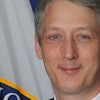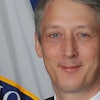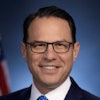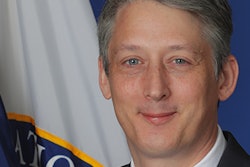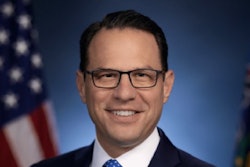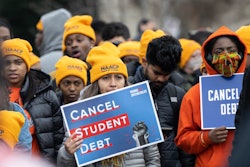When it comes to hot button issues, should institutional leaders speak out or remain neutral?
Earlier this week, Heterodox Academy (HxA) president Dr. John Tomasi moderated a discussion with Nadine Strossen, the John Marshall Harlan II Professor of Law Emerita at New York Law School and past President of the American Civil Liberties Union, and Dr. Keith Whittington, the William Nelson Cromwell Professor of Politics at Princeton University, in which they explored when it is appropriate for university presidents or leaders to issue statements on pressing issues and when it is best to remain neutral.![Screenshot 2023 10 25 151138[418248]](jpg/screenshot_2023_10_25_151138_418248_.653ad4773907d89ee.jpg?auto=format%2Ccompress&fit=max&q=70&w=400)
This discussion was driven by the October 7 Hamas terrorist attacks on Israeli citizens. Multiple university presidents issued public statements condemning the attacks. At Harvard and Cornell, there were then follow up statements.
Tomasi began the discussion by quoting from the Kalven Report on the University’s Role in Political and Social Action, issued in 1967, which remains relevant. “A university, if it is to be true to its faith in intellectual inquiry, must embrace, be hospitable to, and encourage the widest diversity of views within its own community,” read the report.
“There is a long history of university leaders not being neutral,” noted Tomasi. “In recent years, there has been a steady increase in presidential statements on controversial topics: gun control, climate change, a Republican winning a Presidential election, a Democrat losing that same Presidential election, Charlottesville, the police killing of George Floyd, the Russian invasion of Ukraine, a Supreme Court decision about abortion, another decision about college admissions and more.”
Tomasi said the presidents who issued statements on the October 7th attacks, often issued clarifying statements and some issued apologies. “A few university presidents announced their newfound, perhaps, commitment to neutrality,” he said.
